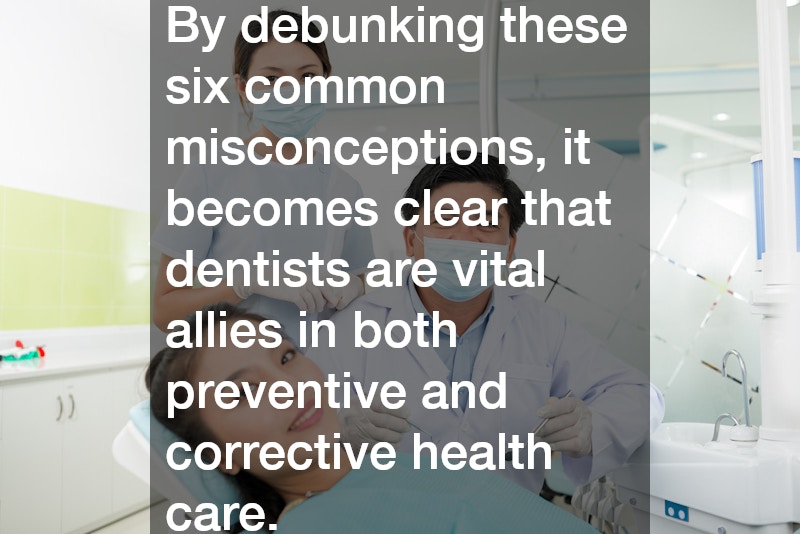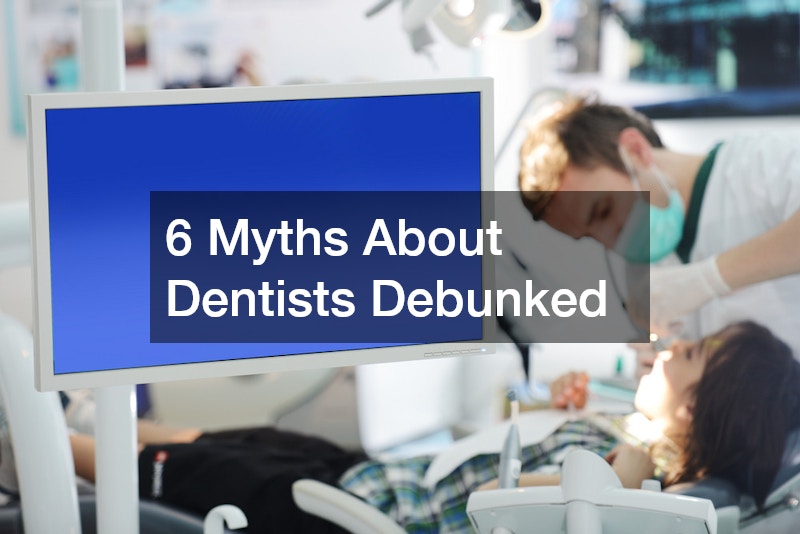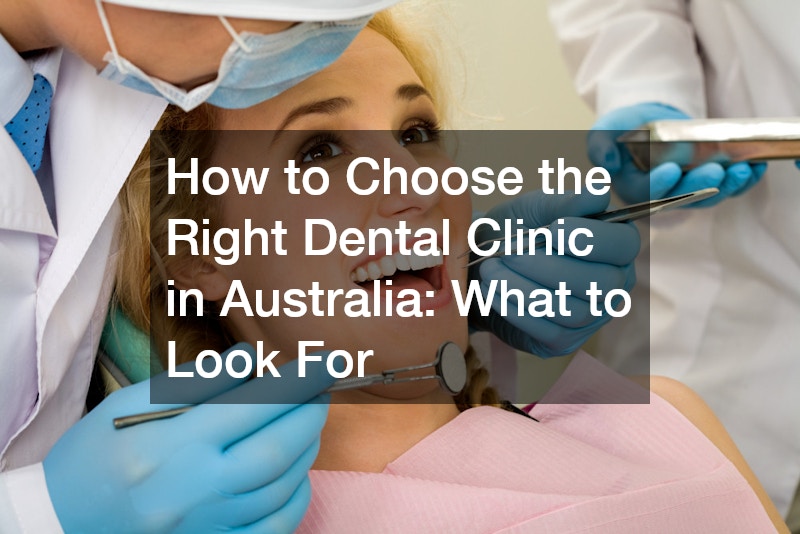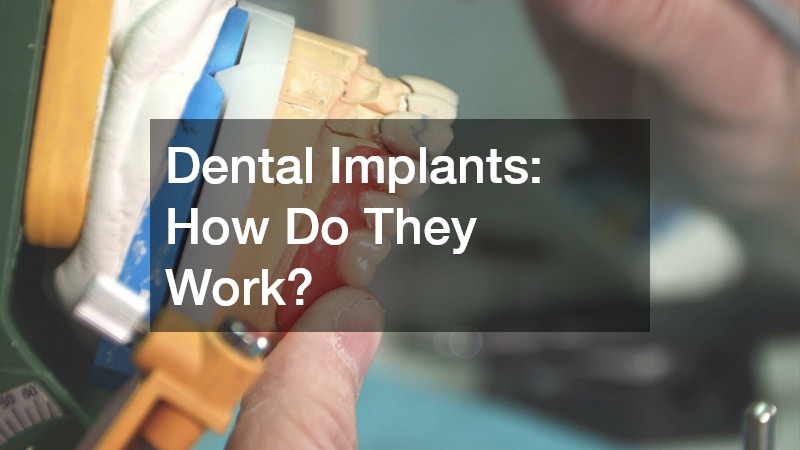When it comes to oral health, misinformation is surprisingly common. Despite the crucial role that dentists play in maintaining our overall wellbeing, various myths and misconceptions continue to circulate. These myths not only prevent people from seeking proper dental care but also foster unnecessary fear or mistrust of dental professionals.
Understanding the truth behind these misconceptions can lead to better health outcomes and a more positive relationship with your dental care provider. Let’s unpack six of the most persistent myths about dentists and set the record straight.
Myth 1: Going to the Dentist Is Only Necessary When You’re in Pain
A common belief is that you only need to see a dentist when something feels wrong, such as a toothache or visible damage. However, dentists are not just fixers of problems—they are key players in prevention. Many dental issues, such as gum disease and early cavities, can develop silently and remain asymptomatic until they reach an advanced stage. Regular check-ups allow dentists to detect issues early, often preventing the need for invasive treatment later. Just like routine physicals with your GP, regular dental visits are essential for maintaining long-term oral health.
Myth 2: All Dental Procedures Are Painful
Fear of pain keeps countless individuals from visiting the dentist, but modern dentistry has evolved tremendously. Thanks to advancements in technology, anaesthetics and minimally invasive techniques, most dental procedures are now virtually pain-free. In fact, many patients report that dental cleanings or fillings today cause little to no discomfort. Dentists are highly trained to manage pain and ensure patient comfort. They also offer options like sedation dentistry for those who experience dental anxiety, making visits more manageable and far less intimidating than the myths suggest.
Myth 3: If Your Teeth Look Fine, You Don’t Need a Check-Up
Visual inspection alone doesn’t always reveal the full story about your oral health. Teeth and gums may appear healthy while underlying issues are developing unnoticed. For instance, early signs of decay, gum disease, or even oral cancer might not be visible to the untrained eye. Dentists use specialised tools and X-rays to assess the hidden structures of your mouth, which is something a mirror simply can’t do. Relying solely on appearance can lead to missed opportunities for early intervention and potentially more serious problems down the line.
Myth 4: Brushing Harder Cleans Better
There’s a misconception that brushing vigorously will result in cleaner teeth. In truth, brushing too hard can cause damage to both your enamel and gums. Over time, aggressive brushing can lead to gum recession and increased tooth sensitivity. Dentists recommend using a soft-bristled toothbrush and a gentle, circular motion to clean your teeth effectively without causing harm. Brushing technique and consistency are far more important than force. Regular dental visits also help reinforce correct techniques and address any early signs of damage caused by improper brushing habits.
Myth 5: Children Don’t Need to Visit the Dentist Until They Have All Their Teeth
Many parents assume dental care can wait until a child has a full set of teeth, but this delay can be detrimental. The Australian Dental Association recommends that children have their first dental visit by the time their first tooth erupts or by their first birthday. Early visits allow dentists to monitor the development of the child’s teeth and gums, provide guidance on proper oral hygiene and establish a positive dental routine. It also helps children become familiar with the dental environment, reducing anxiety and setting the stage for lifelong oral health habits.
Myth 6: Dentists Only Care About Teeth
While teeth are certainly central to their work, dentists care deeply about your overall health and wellbeing. Oral health is closely linked to systemic health. Conditions such as heart disease, diabetes and respiratory illness have been associated with poor oral hygiene. During a check-up, a dentist can identify signs of broader health issues that manifest in the mouth. They also advise on diet, lifestyle choices and habits that affect both oral and general health. In short, dentists are health professionals who treat more than just teeth—they take a holistic approach to your care.
The Importance of Dispelling Dental Myths
Believing these myths can lead to avoidable health issues, increased costs and diminished quality of life. Misinformation often causes people to delay or avoid essential care, which can have long-term consequences. By understanding the truth about dental care, patients can make informed decisions and foster a healthier relationship with their oral health routine.
Dentists work tirelessly to promote education, prevent disease and support their patients through every stage of life. They use years of training and evidence-based practices to ensure the highest standard of care. When patients view them not just as technicians but as trusted health advisors, the experience becomes much more collaborative and reassuring.
The world of dentistry is filled with myths that continue to mislead and discourage people from receiving the care they need. By debunking these six common misconceptions, it becomes clear that dentists are vital allies in both preventive and corrective health care. Whether it’s reducing discomfort, catching disease early, or providing tailored advice, their role is multifaceted and far-reaching. Embracing the facts over the fiction leads to better health outcomes and a more confident approach to dental care. Don’t let myths hold you back—schedule that check-up and experience the truth for yourself.




